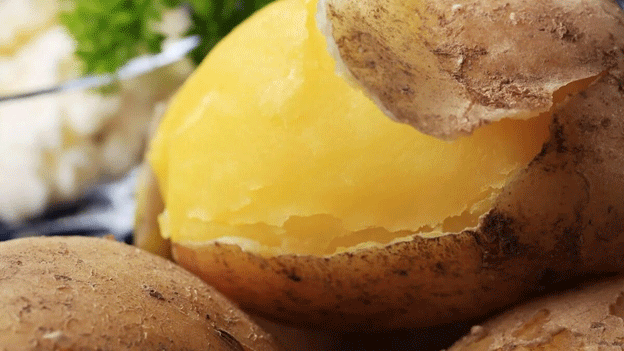The intersection of organic agriculture and e-commerce has been brought into sharp focus following accusations by Wang Hai, a well-known Chinese whistleblower, against the livestreaming sales platform Yuhui Tongxing. Wang alleges that the platform sold over 165 tons of potatoes falsely labeled as organic, despite the supplier’s certification covering only 32.38 tons. The case highlights the challenges of verifying organic claims in a rapidly growing e-commerce sector and raises critical questions about transparency, consumer protection, and regulatory oversight.
The Case: Mislabeling in Organic Potato Sales
In September, Yuhui Tongxing hosted a livestream event promoting potatoes from Hebei’s Weichang Manchu and Mongol Autonomous County, also known as the “Potato Capital of China.” With a cultivation area exceeding 650,000 acres and an annual output of over 1.65 million tons, the region is a significant player in China’s potato market.
During the livestream, the host reportedly implied that the potatoes were organic, with product details emphasizing “no chemical fertilizers or pesticides.” These potatoes were sold at a premium price of 4.58 yuan per kilogram, roughly four times the cost of standard supermarket potatoes.
However, Wang Hai’s investigation revealed a discrepancy: while the supplier was certified for organic production, its certified output was only 32.38 tons. The livestream sold over 66,000 orders, equating to more than 165 tons—far exceeding the certified quantity. This discrepancy has led to allegations of false advertising and consumer deception.
Implications for Farmers and E-commerce
- Consumer Trust in Organic Labels:
The controversy underscores the importance of robust certification processes and accurate labeling. Organic farming relies on consumer trust, and incidents like this can undermine the market’s credibility. - Livestreaming’s Influence:
Livestreamed sales have become a powerful tool for promoting agricultural products. However, hosts and platforms must ensure that product claims are accurate, as misinformation can damage reputations and lead to legal repercussions. - Regulatory Oversight:
Local regulatory authorities have pledged to investigate the matter. Stronger enforcement of organic certification standards is crucial to prevent similar incidents and protect both consumers and legitimate organic farmers. - Economic Impact on Farmers:
Premium pricing for organic products supports farmers who adhere to stricter cultivation practices. Mislabeling undermines these efforts, creating an uneven playing field and potentially discouraging farmers from transitioning to organic methods.
Key Takeaways for Stakeholders
- For Farmers: Transparency and adherence to organic standards are essential to maintain credibility and secure fair pricing for produce.
- For E-commerce Platforms: Investing in verification systems and clear communication with consumers is vital for sustaining trust and avoiding legal liabilities.
- For Regulators: Strengthened oversight and penalties for false advertising are necessary to protect the integrity of the organic market.
The Yuhui Tongxing potato controversy serves as a reminder of the critical role transparency plays in organic agriculture and e-commerce. As demand for organic products grows, all stakeholders—farmers, platforms, and regulators—must collaborate to ensure that claims are accurate and verifiable. Only through such collective efforts can consumer trust in organic farming and sustainable agriculture be preserved.







